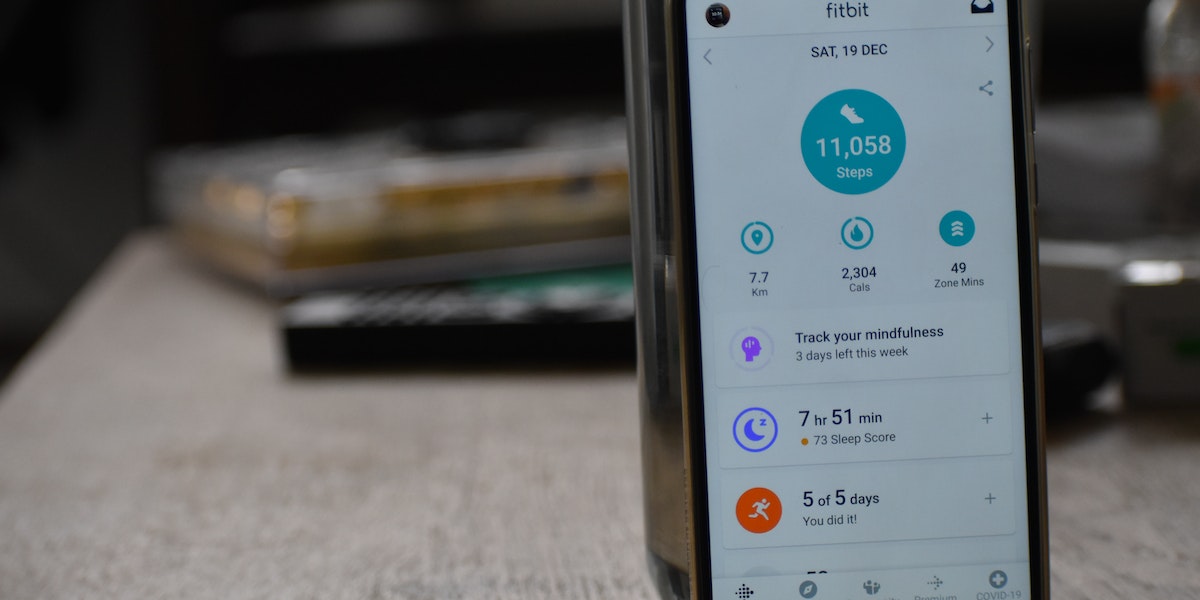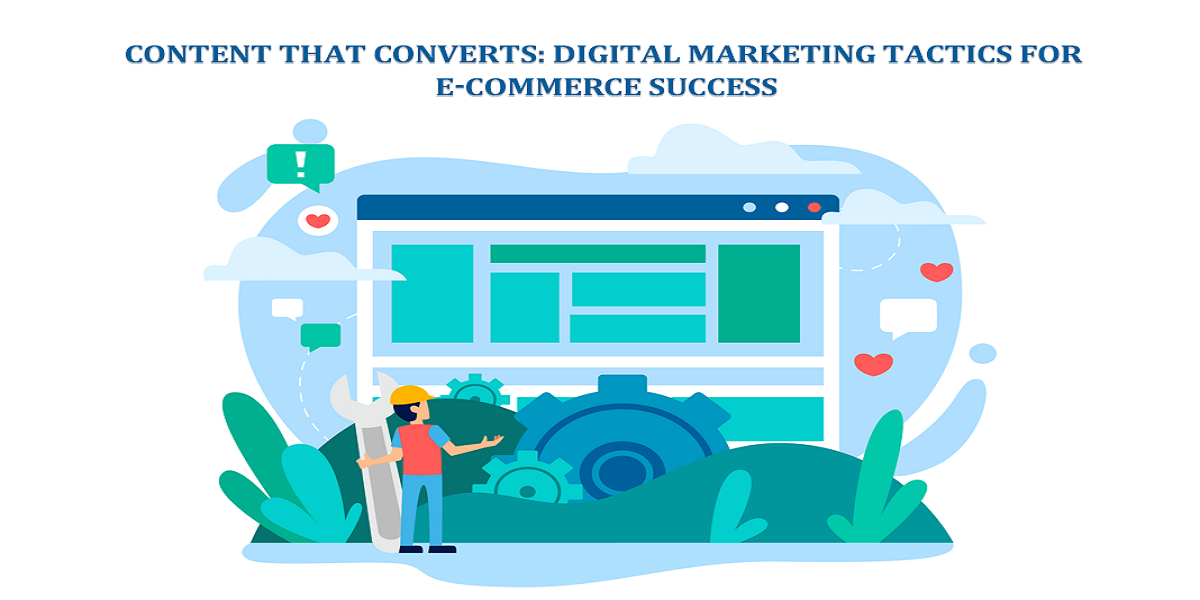
Rise of Mobile Health Apps: Improving Healthcare Access and Management Through Technology
- By Prashant Pujara
- 01-06-2023
- Mobile App Development
The use of technology in the healthcare industry has become quite a reality now. As per the statistics, there are nearly 350K healthcare apps and every day nearly 250 apps get released. Meanwhile, 47 percent of the apps are for healthcare management. As per a recent study done in the UK, telehealth apps have brought a 73 percent reduction in the resources required.
A lot of digital healthcare applications are adopted by employers to enhance overall productivity. Likewise, there are so many great outcomes of implementing healthcare applications. In this post, we'll go through the benefits, kinds, and problems of mobile health apps, as well as look at a few case studies. This post is for you if you want to start an entrepreneurial adventure in the healthcare business and employ technology.
Top Benefits of Mobile Health Apps
With the rise of mobile healthcare applications, the patient and doctor can be assured of several benefits listed below. Let's deep dive into some of the top benefits of Mobile healthcare applications.
Enhances Patient Management
Mobile health applications allow healthcare providers to focus on improving the quality of services offered to patients. These apps enable personalized experiences, knowledge sharing, and patient-focused care, thereby improving patient engagement. Without the need for physical visits, patients may effortlessly monitor and access their healthcare information and medicines. Additionally, these applications enable patients to contact doctors, schedule appointments, and receive reminders for follow-up visits.
Reduces the Chance of a Misdiagnosis
Manual updating of records can lead to errors and time-consuming processes. However, healthcare applications can eliminate such problems, providing accurate results to patients. This also helps doctors prescribe the correct medication and dosage. In the event that patients decide to switch healthcare providers, they can easily access their medical records and share them with the new provider, ensuring continuity of care and reducing the risk of misdiagnosis.
Offers Immediate Access to Healthcare
Gone are the days when patients had to call doctors or healthcare organizations for assistance. Mobile health applications enable secure and convenient communication with doctors, appointment scheduling, and telemedicine visits. Patients can consult with doctors via video calls or chat, avoiding unnecessary offline visits for minor issues. This not only saves time and effort but also reduces the burden on healthcare facilities.
Facilitates Hassle-free Payments
Manual billing processes are being replaced by simpler methods through healthcare applications, benefiting both hospital staff and patients. Users can make instant payments through integrated payment gateways, eliminating the need to stand in long queues. This streamlines the billing process and ensures timely payment, leading to better financial management for healthcare providers and a more convenient experience for patients.
Improves Data Management
Healthcare providers deal with large amounts of data daily, making proper organization crucial. By integrating Electronic Health Records (EHR) with healthcare applications, patient information can be easily recorded through wearables and systems. This allows healthcare professionals to generate detailed, HIPAA-compliant user profiles. The integration of data from different sources, like as wearables and patient monitoring devices, provides a comprehensive perspective of the patient's health, allowing for improved diagnostic and treatment options.
Reduces Healthcare Costs
Implementing a mobile healthcare application can reduce costs for both doctors and patients. Patients no longer need to spend significant amounts on travel and frequent doctor visits. Moreover, healthcare experts can leverage data obtained through mobile applications to make informed decisions about patient well-being and care. By monitoring patients remotely and providing timely interventions, healthcare providers can prevent complications and reduce the need for expensive treatments.
Enhances Access to Healthcare Services
Mobile applications have made it possible to access healthcare services from anywhere, benefiting people in underserved and remote areas. Healthcare providers can provide telemedicine services, allowing medical advice without the need for physical travel. Additionally, patients can conveniently order medicines through these applications, further enhancing access to essential healthcare resources.
Advances Medical Research
Medical researchers now have access to massive databases of patient healthcare information that may be utilized to find trends and patterns. This information helps researchers to develop novel approaches to illness prevention and treatment. By leveraging the vast amount of health data collected through mobile health applications, researchers can contribute to advancements in medical science.
Enhances Medication Management
Adherence to medication is a vital component of good healthcare management. Mobile health applications play an important role in assisting users in more effectively managing their prescriptions. These applications provide prescription reminders, refill notifications, and detailed information about drugs, such as dose, probable adverse effects, and interactions. Users may prevent missed doses, maintain regular drug regimens, and make educated healthcare decisions by embedding medication management capabilities into mobile apps.
Promotes Preventive Care
Mobile health apps empower individuals to take charge of their own health by promoting proactive and preventive care. Users can book diagnostic tests, access personalized health recommendations, and consult with healthcare professionals regarding preventive measures. These apps offer educational resources, disease-specific information, and guidance for self-care, encouraging users to engage in healthy lifestyle choices and actively participate in disease prevention efforts.
Enhances Health Monitoring
Mobile health applications with integrated health monitoring capabilities allow users to measure vital signs, track workout goals, and receive personalized advice for better living. Users may quickly record and track metrics including heart rate, blood pressure, sleep patterns, and physical activity levels. These applications promote self-awareness and incentive for users to enhance their overall well-being by giving real-time feedback and analysis.
Facilitates Health Education
Mobile health applications may provide significant health education and empowerment. These applications offer instructional materials on a variety of health issues, disease-specific information, and self-care and health promotion instructions. Within the app, users may access articles, videos, interactive tools, and lessons, allowing them to make educated health decisions. Mobile health applications lead to better health outcomes and a more engaged patient population by enhancing health literacy and awareness.
Different Types of Mobile Health Applications
There are several kinds of patient healthcare applications available in the medical industry that help both consumers and service providers to track, analyze and solve any health issues. A few of the types of mobile health applications are the following.
Telehealth Patient Monitoring App
Telehealth Patient Monitoring App helps both doctors and patients to communicate effectively from anywhere at any time. Moreover, patients can find doctors based on their location and other key factors like availability of them to schedule appointments with them either through a video call or voice call.
Preventive Care Applications
With preventive care applications, users can book diagnostic tests using the app from anywhere and at any time that works for them. Different programs offer several benefits like sample collection in isolated areas, consultation with doctors, creating a report, and a lot more.
Medicine Delivery and Reminder Applications
It usually happens that people often forget to take medication or refill it. This can cause a change in their treatment regimen. With Medicine Deliver and reminder applications, patients can easily get medicines and set reminders for taking medicines.
Fitness Studio Apps
After the covid 19 pandemic, a new kind of application has emerged that offers different classes and sessions to the users like yoga, boxing, indoor cycling, and a lot more to help them get in shape and work out without going anywhere out.
The features of these applications highly vary based on the cause and the developers' team. You can choose to use any of these applications based on your requirements.
Mental Healthcare Applications
A lot of mental health applications have been designed to help people keep their mental health quite healthy and get treatment for stress, anxiety, and depression. Most of these applications have some amazing features like mood tracking, CBT(Cognitive Behavioral Therapy), and mediation exercises. With the help of mental health applications, patients can keep track of their mental health symptoms, provide access to support groups and resources, and also manage their stress.
Medication Applications
With the help of Medication applications, users can keep track of their Medication schedules and remind themselves when it is time for the medication. This helps patients to always take medicine on time and keep track of any other important information like side effects and interactions.
Health Data Analytics Applications
Health data analytics apps focus on aggregating and analyzing health-related data to provide actionable insights for both individuals and healthcare providers. These apps leverage data from wearable devices, electronic health records, and user input to generate comprehensive reports on various health parameters. Based on individual health data, they may make personalized advice for lifestyle changes, nutrition regimens, and exercise routines. Health data analytics applications enable users to make educated health decisions and encourage proactive management of their well-being.
Telemedicine Applications
Telemedicine applications are becoming more common, particularly in impoverished areas or in situations where physical access to healthcare services is limited. Using these applications, users may communicate with healthcare providers via video calls, voice calls, or secure texting. Patients may seek medical information, have virtual consultations, and acquire prescriptions without having to contact a doctor in person. Telemedicine applications are critical for increasing access to healthcare services, especially in distant areas and during emergency situations.
Chronic Disease Management Applications
Chronic disease management applications are designed to assist people in properly managing long-term health disorders such as diabetes, hypertension, asthma, and others. Medication reminders, symptom tracking, personalized health regimens, and educational materials tailored to each chronic illness are common elements of these apps. Users may enter health-related data, obtain personalized insights, and track their progress over time. Chronic illness management applications enable people to actively participate in their treatment, resulting in better health outcomes and a higher quality of life.
In addition to these apps, there are several healthcare applications available that may assist with both healthcare data administration and patient well-being. For any mobile healthcare application to be successful, it must first identify the unique needs of patients and then create apps around those needs. The Healthcare Industry is constantly making improvements and evolving. In the future, we can expect to see several more kinds of healthcare applications that help with patient health management.
Different challenges of Mobile health applications
Even though medical apps have been making great progress, there are still some areas where it lacks and developers might face challenges to build mobile healthcare applications.
Most mobile healthcare applications cater to the need of one use case and it might not be interoperable to work with other applications. Hence a lot of healthcare providers still need to use several applications to manage their data which can often lead to inefficiencies and concussions.
Secondly, there is a major concern related to data privacy and security. As we know that medical data is quite sensitive and it is quite crucial to keep all the patient’s data secure and private. In a few cases, the usage of mobile health applications has caused data breaches that have led to serious consequences. Therefore developers should always make sure that their application is quite secure and uses the best practices to comply with data regulations.
Further, the overall mobile app development cost for healthcare is quite high. A lot of resources are required to construct an application, including qualified individuals, money, and time. Developers must also ensure that their application is functional and relevant.
Last but not least, since we discussed that mobile applications need to be compliant with regulatory firms, this can be quite challenging for the developers. Several regulatory firms still believe in outdated technology and not catching up fast with emerging technologies hence their guidelines for emerging technologies are still not clear and can standardize the development of mobile health applications. This often leads to uncertainty for the development team and healthcare providers who look forward to using new technologies.
Conclusion
With the rise of mobile applications, the healthcare industry has been completely transformed and brought a paradigm shift. Unlike before healthcare services are now available at users’ fingertips and in their confidence. From delivering medicines to consulting patients through video calls, every possible solution is now available in the form of healthcare applications. Furthermore, there are a lot of healthcare applications that allow doctors and patients to analyze, track, and solve any health issues.
Although it offers a lot of benefits, mobile applications are still far from the best as there are some challenges faced related to cost, regulatory guidelines, data privacy, and interoperability. A lot of mobile app developers need to spend a lot of time resolving these challenges to build applications that are secure and effective.
Since technology continues to evolve, mobile health applications would also continue to play an important role in improving healthcare access and management. The healthcare industry should leverage technology and work on developing innovative solutions and hire UX designers to improvise the accessibility of healthcare services at an affordable cost and patients' overall experience.
Recent blog

How NASA Uses Web Design to Optimize User Experience in Space Control
Web Design | 03-05-2024
Content that Converts: Digital Marketing Tactics for E-Commerce Success
E-commerce | 02-05-2024.png)




